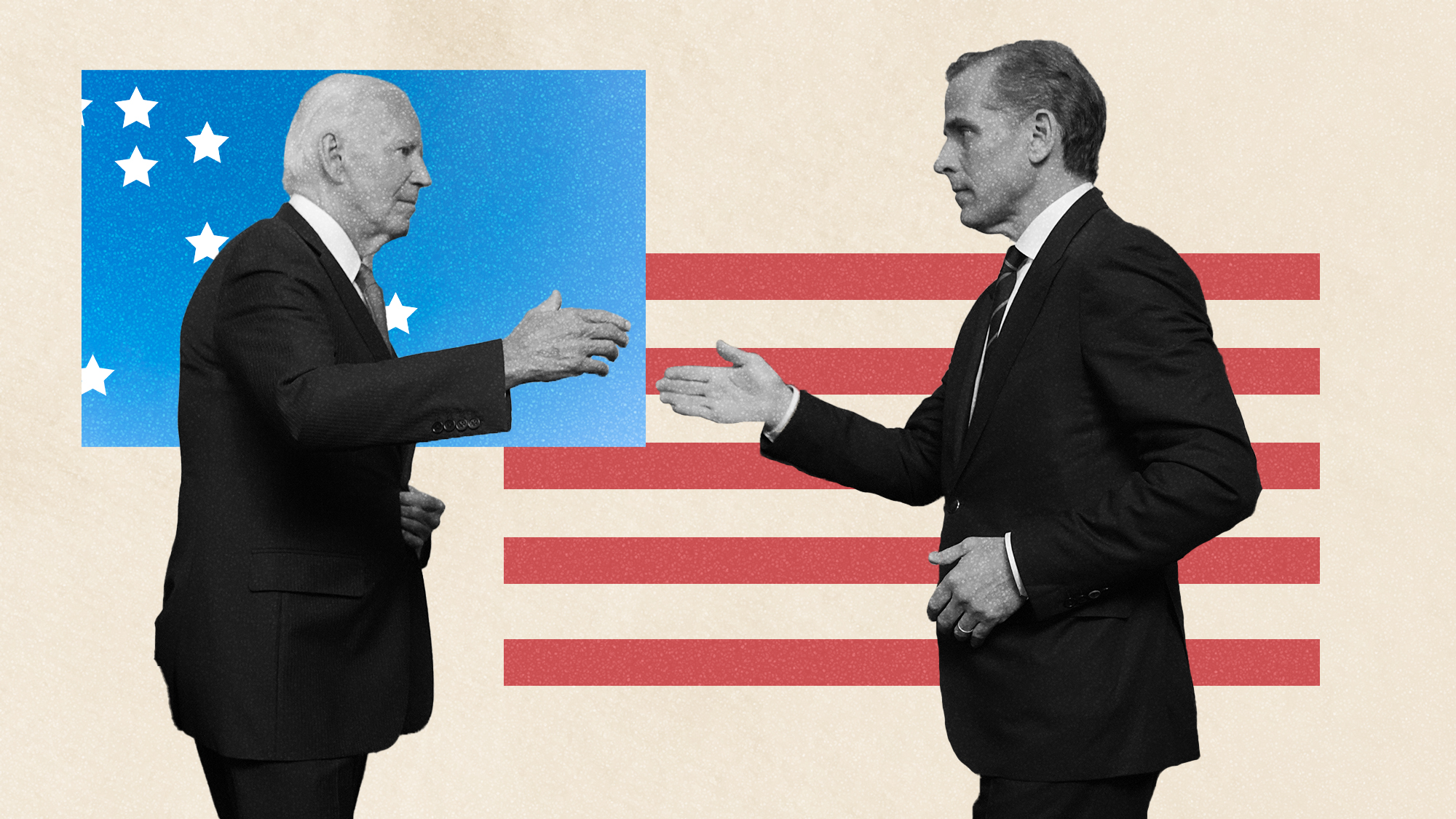Biden pardons

Unveiling the Impact of Biden's Clemency
The weight of presidential power: what does it truly mean? Recent actions have sparked intense debate. Understanding the nuances is crucial.
President Biden's approach to Biden pardons and commutations has generated considerable discussion. Unlike some previous administrations, his actions have focused on specific groups and individuals, often emphasizing rehabilitation and second chances. This targeted approach deviates from blanket pardons offered in the past and highlights a shift in how clemency is perceived and utilized. The criteria used to select recipients are a key element of understanding the impact of this policy.
One of the most prominent aspects of the Biden pardons is the emphasis on drug-related offenses. Many of the individuals granted clemency have served lengthy sentences for non-violent drug crimes. This aligns with a growing national conversation regarding the disproportionate impact of drug laws on marginalized communities and the need for sentencing reform. The long-term implications for recidivism and community reintegration remain a subject of ongoing study.
Analyzing the Selection Process
The meticulous selection process for Biden pardons involves a comprehensive review of each case, including consideration of factors such as the nature of the offense, time served, rehabilitation efforts, and post-release conduct. This detailed assessment reflects an attempt to ensure that clemency is granted responsibly and effectively. The transparency surrounding this process, while not complete, is a significant departure from previous administrations and encourages broader public understanding.
The Broader Context of Clemency
The use of presidential clemency, including Biden pardons, is a powerful tool that can serve to correct injustices within the justice system. However, it also raises questions about fairness, equality, and the potential for political influence. Striking a balance between these competing interests is a significant challenge for any president. Furthermore, the impact of these decisions extends beyond the individuals directly affected; they shape public opinion and influence future policy debates.
In conclusion, the ongoing debate surrounding Biden pardons reveals a complex interplay between legal processes, social justice concerns, and political realities. A deeper understanding of the selection criteria, the long-term consequences, and the broader implications is essential for a nuanced analysis of this significant aspect of the Biden presidency. The legacy of these decisions will undoubtedly continue to be debated and analyzed for years to come.




No comments:
Post a Comment